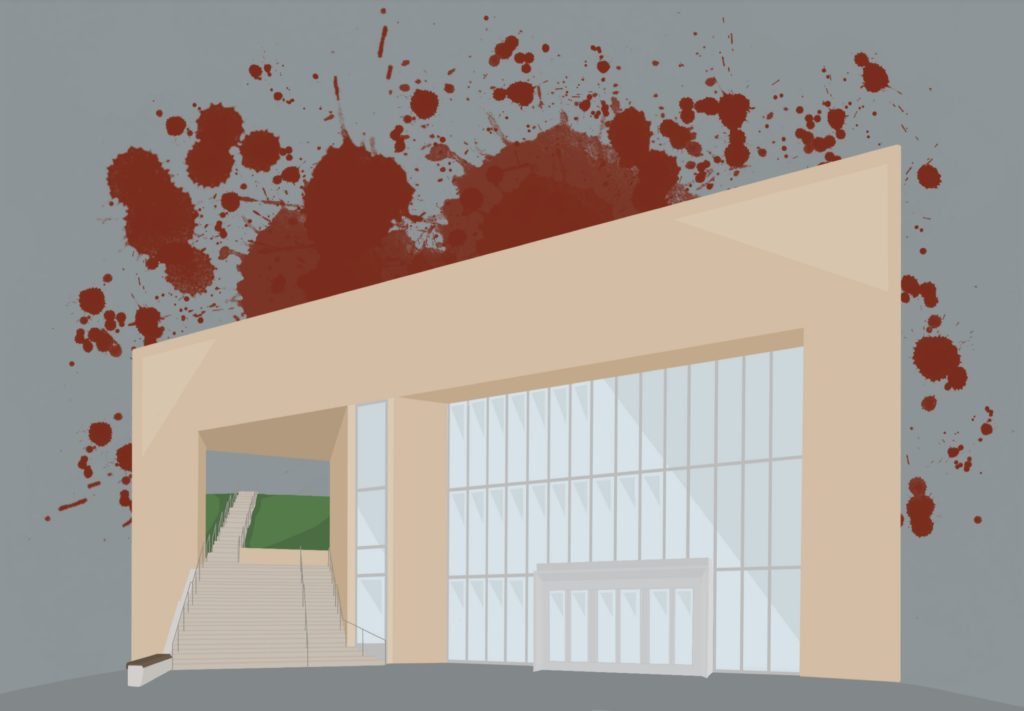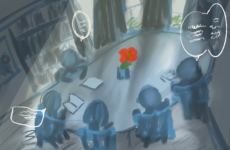It is currently 10:30 p.m. My English essay is due at 11:59 p.m. The problem? A total of five words are written on the page. Weeks of saying, “the essay is a problem for future me” finally catches up to me, and the stress starts to kick in. The deadline does not change, but the clock keeps ticking.
In the past, when I would find myself in this scenario, I would curse my bad time-management skills and desperately scramble to finish the work. I let these “procrastination episodes” become more and more frequent until I started to feel powerless. Constantly putting assignments off until the last minute caused me existential dread, and I feared schoolwork.
Eventually, I discovered the most effective tool for minimizing procrastination: a planner. The device is simple, just a calendar in book form, but when used properly, it can help with time management and organization skills. How does one properly use a planner? The method I use is “CAST”: Create, Assign, Start, and Tick.
First, I Create a list of tasks that need to be completed. I pull out my planner and jot down assignments I plan to do that day. From “chemistry homework” to “history reading,” I try to keep the list around 10 tasks long on an average school day.
Writing down a manageable number of assignments is crucial: if too many tasks are written, one can get overwhelmed just by glancing at the page.
The next step of the planning process is to Assign. After writing the list, numbers are assigned to each task. The smaller the number, the sooner the assignment needs to be completed.
Then, Start knocking out the items on the list, from number one to the end. I used to take breaks between assignments, but a problem arose. A 10-minute break easily turned into three hours! To combat this, I try to do most of my homework in one sitting.
Doing a boatload of work at once does not seem exciting, but there are several ways to stay motivated. For example, I usually listen to music, switching genres as I switch assignments; ocean wave sounds when reading for English and Tyler the Creator when doing math homework.
The last part of this planning method is Tick. After an assignment is done, tick the checkbox. The flood of relief after ticking a task is totally worth all of the hard work.
By sticking to the “CAST” method, I have been able to procrastinate less. My planner has become my lifeline; I cannot imagine leaving home without it. I know it might seem daunting at first, but taking a moment to organize your life will pay off in the long run. Becoming more organized has wholly changed my life. I find joy in completing assignments now, whereas before, I had always associated schoolwork with stress.
Simply put, meeting deadlines is an essential part of Choate life. The workload of a Choate student increases every day, and there seems to be less time to do it all. Organization and time management are necessary to maximize productivity and help students stay on top of their academic life. A planner is a simple, stress-free tool that will help you realize you have more time in the day than you think.




